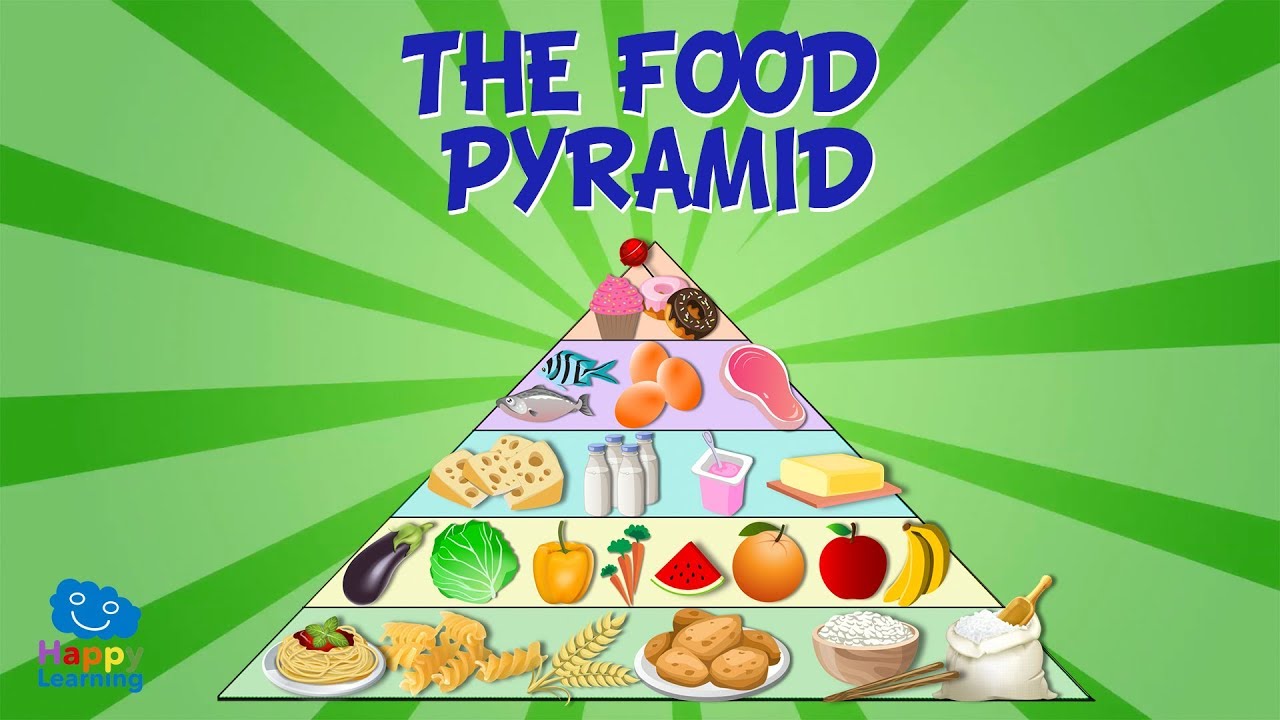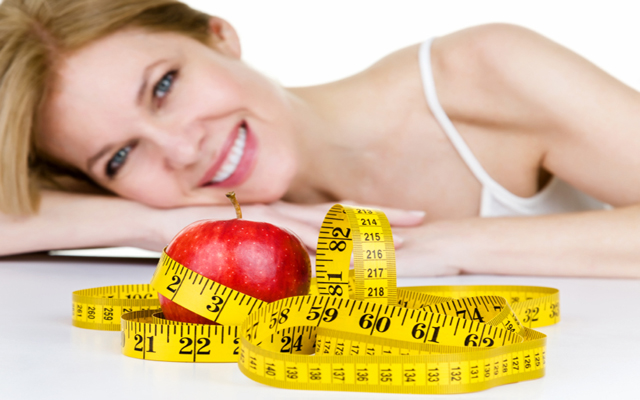
Dental hygiene is essential. It can help to prevent gum disease, decay, and other painful problems. It is also important to eat the right kinds of foods. A diet high in fresh fruits and vegetables is good for healthy teeth. These foods are good for your gums. They also help you to produce more saliva. Your mouth will be cleansed by the saliva.
Eating lots of fresh fruits and vegetables is one of the most important things that you can do for your child's teeth and overall health. Encourage your child to choose fresh fruit and vegetables. Make them part of the process of cooking the food. This can be a great activity. When cooking, try to incorporate different colours into the food you serve. In addition, make sure to keep mealtimes set so that your children are eating on schedule. Frequent snacking can cause tooth decay so make sure your children eat healthy snacks such cut-up fruit, cheese, and vegetables.

Maintaining healthy teeth requires a well-balanced nutrition. Ensure you limit your intake of foods that can cause tooth decay. Drink lots of yogurt, milk, and cheese. Limit your intake of sugar. This will ensure your teeth are healthy and free from cavities. Eating calcium-rich foods will help your bones stay strong. Chew on crunchy foods to stimulate saliva production. This helps remove harmful bacteria and food particles from your mouth.
Cheese is an important food for your child’s teeth. Cheese has the ability fight cavities and stimulate saliva formation. Some cheese components may actually stick to your child's teeth and help protect them from acidic plaque. Low-fat dairy products have calcium without the saturated fats that can damage your teeth. You can do your child a favor and give him or her a dental checkup as long as you floss at least twice daily. Regular checkups can prevent any serious decay and lessen the need to have invasive treatments.
Other than nuts, fruits as well as vegetables are great for your teeth. Because of the many nutrients in nuts and vegetables that are beneficial for teeth, you should eat a lot of them. Raw vegetables and fruits can be used to clean your teeth and prevent cavities. These are the best foods for your mouth. Healthy foods can help you keep your mouth healthy. These are leafy green vegetables, carrots, and great sources of iron as well as calcium.

Water is essential. Drinking water is vital for your child's oral health. It is vital for your child's oral health. It helps reduce tooth decay risk. Water is crucial for strong and healthy teeth. The dentist can help you decide the best food for your child while you're there.
FAQ
Which dietary supplements are good for weight loss.
Weight loss requires diet and exercise. Some people find that certain supplementation can be helpful.
Some studies suggest that omega-3 fatty acids may help with weight loss. Omega-3s are essential fats which are crucial for brain function. These fats are found in seafood such as salmon, tuna and shrimp.
Other research suggests that green tea might be beneficial for weight loss. Green tea contains catechins, antioxidants that may help boost metabolic rate and encourage weight loss.
What does butter do to men?
Butter is one the most nutritious sources of saturated oils. This type fat is great for your skin and hair. It also helps you build stronger bones.
Vitamin K, found in butter is an antioxidant that prevents bleeding from cuts. Vitamin K and vitamin B work together to prevent any bruising.
Butter is also rich with minerals, such as calcium and phosphorous. These elements encourage stronger bones.
However, butter has some drawbacks. Butter is high in cholesterol. Studies show that too much cholesterol can increase your risk of developing heart disease.
Also, butter is high in saturated fat, contributing to obesity and increased cholesterol levels.
You can spread butter on bread if you are forced to use it. Bread absorbs more oil than potatoes or pasta.
How often should you exercise per week?
It all depends upon how much time you have and what type or exercise you prefer. A general guideline would be moderate-intensity aerobic exercise 3 - 5 days a week. You shouldn't do too much. For maximum results, consistent exercise is key to getting the most out of your workouts.
Which exercises are best suited for me?
It really depends on what kind of fitness goals you have. Some people choose to focus on endurance activities, such as swimming, cycling, and running. Others like lifting weights or using resistance band. There are many types and styles of exercise available today. Find the best option for you.
Do I need to exercise every morning?
No! At least 30 minutes moderate-intensity exercise five days per week is a good goal. It means you need to exercise hard enough or walk fast enough that you are slightly out-of- breath.
Statistics
- Cardmembers earn 5% Back at Amazon.com with a Prime Credit Card. (amazon.com)
- 10 pounds in a month is likely during a lean bulking phase, especially for beginners. (muscleandstrength.com)
- According to the American Heart Association, blood pressure should be checked at least once every two years, beginning at age 20. (my.clevelandclinic.org)
- Candidates and applicants must pass all four tests at 70% (minimum level) to graduate from Basic Deputy U.S. Marshal (BDUSM) Training. (usmarshals.gov)
- Are You One of the 20% of Guys (mh.co.za)
External Links
How To
What should I eat before a workout?
In order to lose weight, you must eat fewer calories that you burn through exercise. Also, you must eat all the nutrients.
This includes protein as well carbohydrates, fats, and vitamins.
This is best done by eating smaller meals throughout each day, rather than three large meals.
If you are too hungry when working out, you might not perform as well as if you had appropriately eaten beforehand.
Consider drinking water rather than sugary energy drinks. This keeps you hydrated and energized.
Make sure to drink enough fluids. You could lose electrolytes if you drink too much water.
For proper functioning, your body requires electrolytes.
Sports drinks are an option if you don't have water. They contain sodium, potassium, calcium, magnesium, and other minerals.
These electrolytes can be replenished by this method. However, these won't replace any electrolytes that you might have lost from sweating.
You could also consider taking a multivitamin tablet if you are concerned that you might lose too much salt from exercising.
These have extra vitamin B6 that helps regulate sodium levels in your body.
You shouldn't depend on supplements if there isn't enough salt in the food or drinks you consume.
They aren’t controlled by the Food and Drug Administration.
Sports drinks, for example, can have higher sodium levels than others.
Sports drinks can contain artificial sweeteners and preservatives. These additives could cause digestive issues.
Sea salt is an option if you don't want to eat too much salt.
It contains fewer chemicals than table salt.
Sea salt is low in iodine as another mineral necessary for healthy thyroid function.